Bounded control theory for power converter and microgrid control design
Organizers and Lecturers
George Konstantopoulos1, Alexandros Paspatis2, Andrei-Constantin Braitor3, Theodoros Kavvathas1
1Department of Electrical and Computer Engineering, University of Patras, Greece
2Department of Engineering, Manchester Metropolitan University, U.K.
3Laboratoire des Signaux et Systèmes (L2S), CNRS, CentraleSupélec, Université Paris-Saclay, France
Summary
The integration of renewable energy and other distributed energy sources (DERs), i.e. energy storage systems, intelligent loads, into the modern power system architecture, which is mainly achieved through suitable power converter devices, is arguably the largest ‘new frontier’ for smart grid advancements. Modern power grids require decentralised operation of the dispersed energy resources, forming smaller power networks, called ‘microgrids’, where clean energy is utilised at a local scale. To this end, power converter-interfaced DERs within a microgrid architecture should be suitably controlled to ensure a stable and reliable system operation. Nevertheless, in the majority of the existing control approaches, crucial technical/operational limits of the converter-interfaced DERs, e.g. current/voltage limitations, are either being ignored or the control design is combined with saturation units that may lead the entire microgrid system to instability under abnormal conditions (e.g. sudden change of load demand, setpoint attack etc.).
This workshop will present novel nonlinear control technologies for power converter-interfaced DER units within a microgrid architecture (for both AC and DC microgrids) based on the new concept of ‘bounded control theory’. Using fundamental nonlinear systems theory (Lyapunov theory, input-to-state stability, ultimate boundedness), the unique structure of the bounded integral controller (BIC) will be first presented and then utilised to form multiple control schemes for power converter and inverter-fed units. In particular, the ‘current-limiting droop control’ structure that inherits the BIC design will be presented for multiple power inverter-interfaced DERs with an AC microgrid followed by a detailed stability analysis. Then, the control structure will be modified to accomplish voltage regulation and power sharing among multiple DC/DC power converters within a DC microgrid architecture, resulting in analytic conditions of stability for the entire closed-loop system. All control strategies will be demonstrated with both simulation and experimental results on real testbeds. Finally, a step-by-step procedure for designing a modern power grid architecture with multiple converter-interfaced DERs on the Typhoon HIL real-time digital simulation software will be provided to the audience, demonstrating a flexible way for conducting real-time digital simulation and Hardware-In-the-Loop (HIL) testing of modern power systems.
List of Presentations
30 mins: Bounded integral controller design and analysis
George Konstantopoulos
University of Patras, Greece
30 mins: Current-limiting droop control for power inverters and AC microgrids
Alexandros Paspatis
Manchester Metropolitan University, U.K.
30 mins: Current-limiting droop control for DC/DC power converters and DC microgrids
Andrei-Constantin Braitor
L2S, CentraleSupélec, CNRS, Université Paris-Saclay, France
30 mins: Dynamic modelling of modern power systems using Typhoon HIL real-time digital simulation
Theodoros Kavvathas
University of Patras, Greece
20 mins: Discussion during coffee break
Tentative Outcome
The Workshop aims to bring together researchers from both academia and industry to communicate developments and future directions in novel control technologies for modern power systems (microgrids and power converter-dominated power systems). The main goal is to demonstrate how fundamental nonlinear systems and control theory can be applied to address the latest challenges in modern power grids. The audience will also experience for the first time a step-by-step procedure for designing a microgrid or a large-scale power network using the Typhoon HIL software in a flexible manner. Hence, the workshop participants will obtain the necessary skills for conducting real-time simulation of modern power networks using one of the latest RTDS software. Each talk will consist of a 30’ presentation, and a 20’ roundtable discussion will follow among presenters and participants to maximize professional networking and technical discussions.
Intended Audience
This workshop will investigate the latest challenges on the research area that is sitting at the intersection of both ‘control systems’ and ‘power systems’ research communities. Therefore, it represents an excellent opportunity for final-year undergraduate and MSc students, as well as PhD and Postdoctoral researchers working in the areas of control and systems theory, power electronics and power systems. Since the novel control technologies that will be presented in the workshop will be demonstrated with experimental results, it will also attract many practitioners in area of power converter and microgrid control design to see how advanced control strategies could improve system performance.
Date and time
All tutorials and workshops will be held on June 11th. The time for each event will be announced in the conference program.
